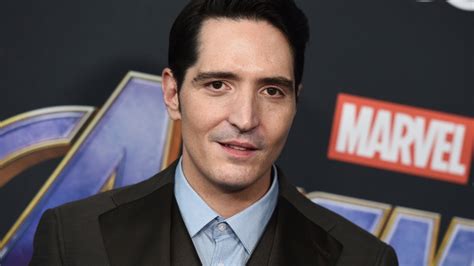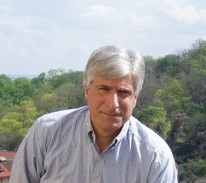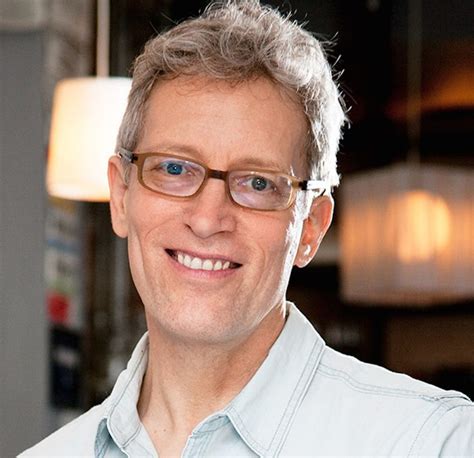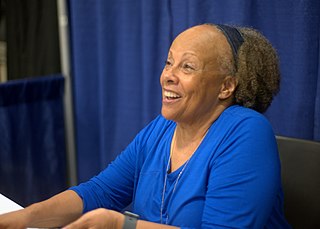A Quote by Lawrence Wright
Life gives you so many alternatives to choose from, and... you judge these as best as you can until something comes along like 9/11. And it's the central event of my lifetime, so I knew I had to write about that.
Related Quotes
Our biggest art forms are film and television, and there hasn't been a great film about 9/11 yet, nor has there been a great television series. Something like The Wire gives us a rich and fully achieved picture of the wasteful, cruel War on Drugs; something like The White Ribbon gives a perspective on World War I that could only have been presented long after the event itself.
The first comic book I ever bought, I was in third grade. It was 'Avengers,' I think, #240. I grew up in Kansas City. And I walked into a 7-11. I had seen, like, 'The Hulk' TV series. I knew about comic book heroes. I knew about it, but I hadn't actually had a physical comic in my hands until that time. And it was a big deal for me.
9/11 was just an enormous event in so many senses of the word - I mean, we are still in the "post-9/11 era" and perhaps will be forever? Sometimes it seems like it. It was such a monstrous act of imagination over anything else - the actual fatalities, while awful, were not what distinguished the event from others.
I'm a morning person because I learned to write my novels while still practicing law. I would get to the office at 6:30 a.m. and write until other people arrived, around 9. Now I still do that. I start at 6:30 or 7, and I'll write until 11, then take an hour off, then work until about 2 p.m. By then my brain has had enough.
I'm connected to the event of 9/11 by my desire to do something to honor the 9/11 survivors and those who didn't survive. Something that moves our society forward, something that engages children in what it means to be a citizen and encourages them to love and be inclusive. Because if we don't live our lives well - if I don't live my life well - it's an affront to all the people who were involved in the tragedy of 9/11.
There are places and spaces for black writers to write about race as a central thing. It's important. We're still dealing with the remnants of slavery. We're still dealing with racism on a daily basis. For me, I choose to write books about black people where we are normal. I was raised to believe that I deserve to be in a room just like anybody else. I try to write books like that.
I recognize that memory is far from infallible though. If I feel like I can't accurately describe something, I just leave it out. I also do things like write "he talked about ..." instead of writing direct quotes. But generally I feel like since my stories are very obviously meant to be my perception of an event rather than the objective truth this gives me a lot of leeway.



































